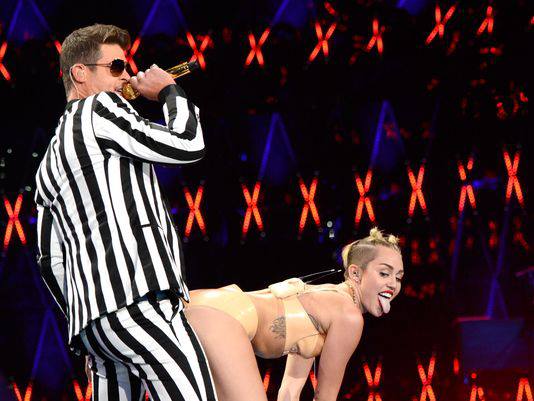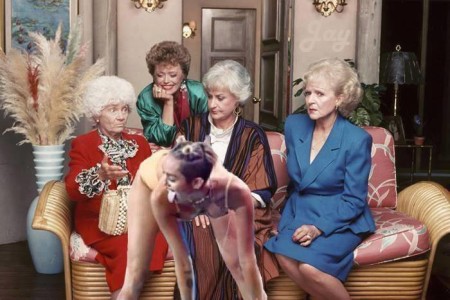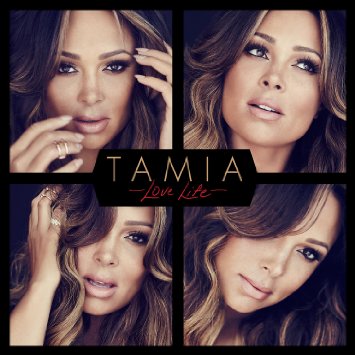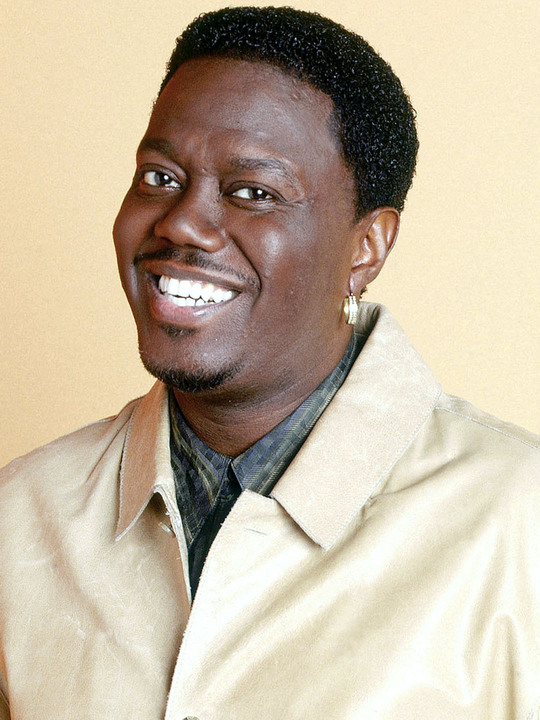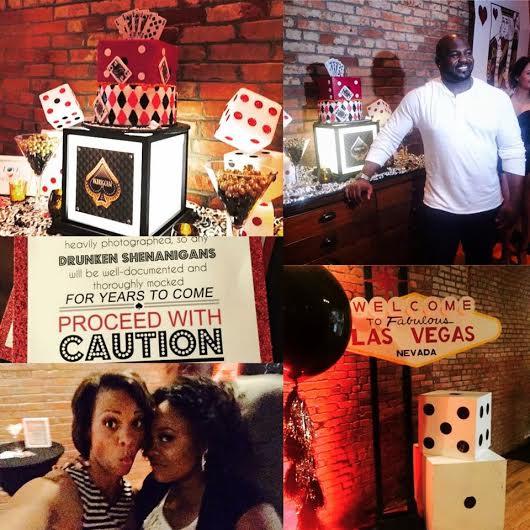In Spike Lee’s 2000 film Bamboozled, Damon Wayans portrays the pretentious Harvard-educated Pierre Delacroix, a writer and executive at a fictitious television network. After his previous sitcom pitches are rejected by a superior as too “antiseptic” and “white-bread,” the frustrated Delacroix hopes that his latest idea, a satirical variety program entitled Mantan: The New Millennium Minstrel Show, will be outrageous enough to get him terminated.
Instead, the offensive content is a hit, creating instant fame and fortune until the stereotypes overtake the character’s personal lives and result in tragic consequences.
There may not have been any plantation stage sets or performers in blackface at Sunday’s MTV Video Music Awards, but over-the-top vulgarity, objectification of women and a gleeful exploitation of urban culture and unfounded clichés was just as blatant when Miley Cyrus performed with singer Robin Thicke and rapper 2 Chainz.
Since the program is well-known for controversial live moments, few were surprised at Cyrus’ initial appearance in a skin-baring bodysuit among a troupe of African-American female dancers.
The internet nearly crashed as people took to Facebook, Twitter and other social media to express varying levels of disappointment and disgust. Burleson-born star Kelly Clarkson referred to the display as “pitchy strippers,” and daytime TV host Michael Strahan described it as “uncomfortable, weird and hard to watch.” Another singer, B.o.B, said what many saw as a racist double-standard: “When a black girl twerks, it’s ratchet. when a white girl does it, it’s entertainment.”
Cyrus, a former Disney child star who is obviously eager to shed her sugary-sweet “Hanna Montana” image, told fans that she was attempting to pull off “the best VMA performance of all time” and was obviously pleased at the results. She tweeted: “My VMA performance had 306.000 tweets per minute. That’s more than the blackout or Superbowl.”
Well, I guess Cyrus certainly succeeded in proving to the world at large that she’s grown up, but how do those facts translate into respect and longevity as an entertainer? How does endorsing black women as stage props, cutting-and-pasting elements of African-American culture and simulating foreplay with a man nearly twice her age about “performance”?
All of the youthfulness and naiveté in the world cannot explain away Miley’s calculated efforts to appropriate the hip-hop movement without bearing any of its burdens or racially-charged baggage.
From a professional standpoint, I don’t have to personally like someone’s style or chosen genre to appreciate one’s contributions as an artist, but the critic in me found Miley’s overall schtick to be more titillation than talent. Also, as a parent of a teenage son and two young daughters, Cyrus’ consistent reinforcement of the ignorant assumption about black women’s bodies—that we solely exist to be fondled and exhibited like the Hottentot Venus— is both egotistical and infuriating.
I don’t know who her advisers are, but someone needs to explain to Cyrus that sex appeal and shock value wears off, but the ability to express one’s creativity in a meaningful way is what matters. Swagger-jacking the ingenuity of others may increase her profit margin, but eventually, the price of counterfeit commercialism may be higher than Cyrus ever expected.
At the end of Bamboozled, Delcroix’s assistant forces him to watch a montage of the disturbing minstrel-show-era stereotypes that his infamous program reinforced. “Look at what you contributed to!” she rages. “What do you have to say for yourself?”
And just like Delacroix’s, Cyrus’ silence about the results speaks volumes.

